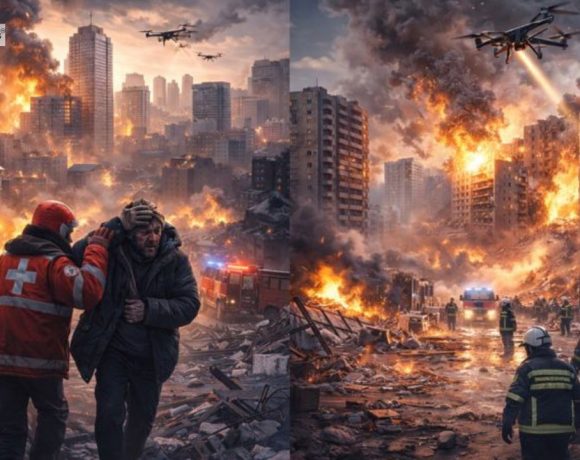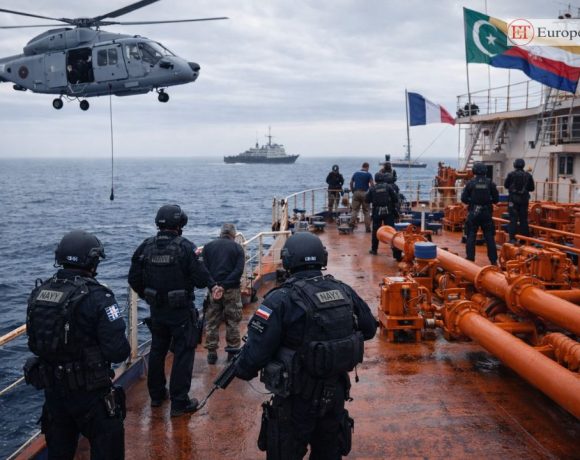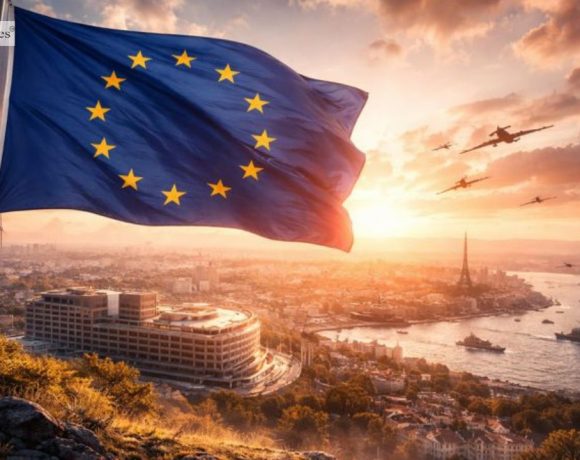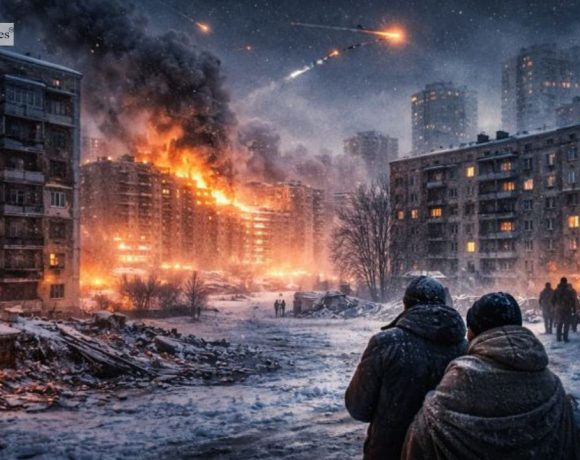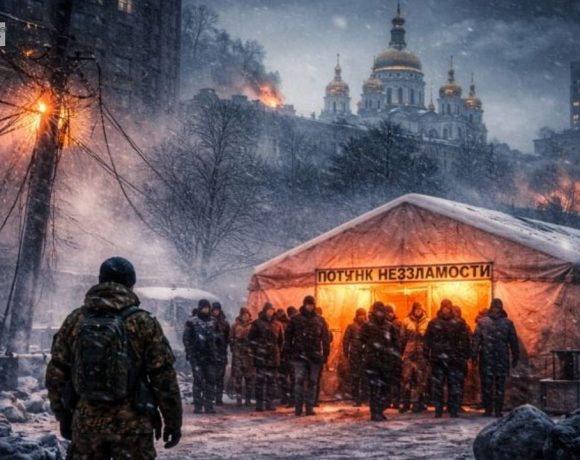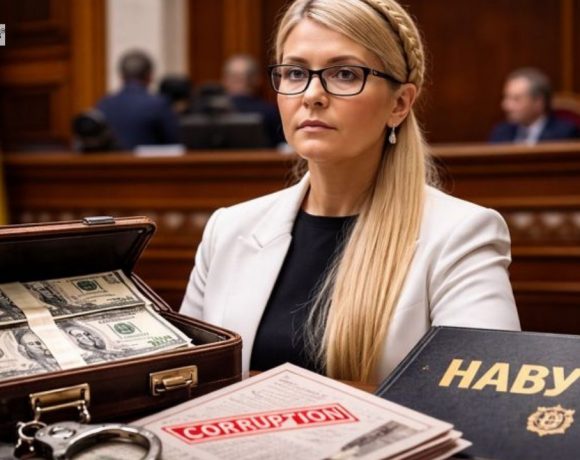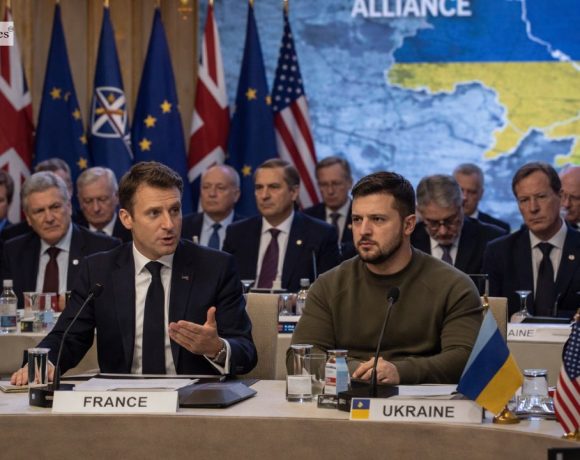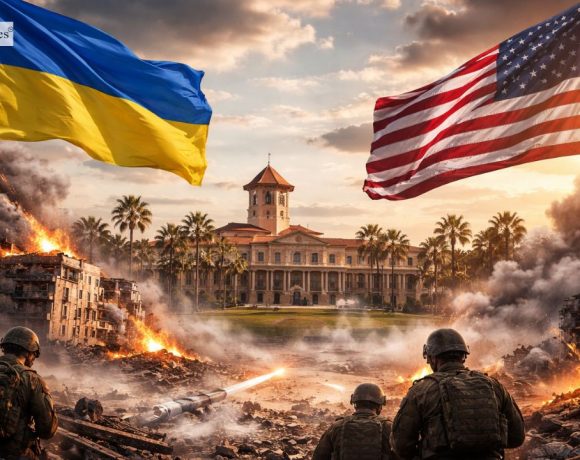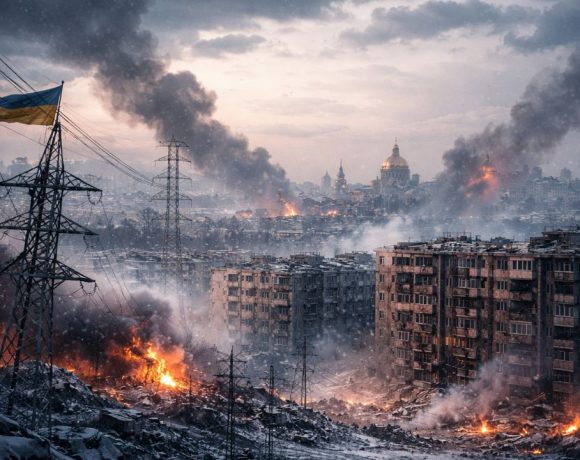
Russia and Ukraine said they have halted strikes on each other’s energy infrastructure, following a U.S.-backed de-escalation push, but sharply differed on how long the moratorium should last. The Kremlin said President Vladimir Putin agreed to stop attacks on Ukrainian energy targets until February 1, while President Volodymyr Zelenskiy said the pause took effect from Friday midnight and should last a full week. Both sides confirmed there were no energy strikes over the past 24 hours, though no formal ceasefire has been agreed.
Ukraine accused Russia of shifting tactics, saying Moscow had instead intensified attacks on logistics, including rail facilities, even as temperatures in Kyiv are forecast to plunge to minus 26 degrees Celsius. Hundreds of residential buildings in the capital remain without heating after weeks of earlier strikes. Zelenskiy also said Ukraine refrained from hitting Russian energy facilities in response, but warned that air defences have been weakened due to delays in receiving U.S.-supplied Patriot missiles.
Diplomatic efforts remain uncertain, with Zelenskiy saying it was unclear whether a planned meeting between Russian, Ukrainian and U.S. negotiators would go ahead as scheduled. Major sticking points include Russia’s demand that Ukraine cede territory in eastern regions and control over the Zaporizhzhia nuclear plant. Despite limited progress in talks, fighting continues across the front lines, and many Ukrainians remain sceptical that the temporary energy truce will lead to a broader or lasting ceasefire.
Pic courtesy: google/ images are subject to copyright

